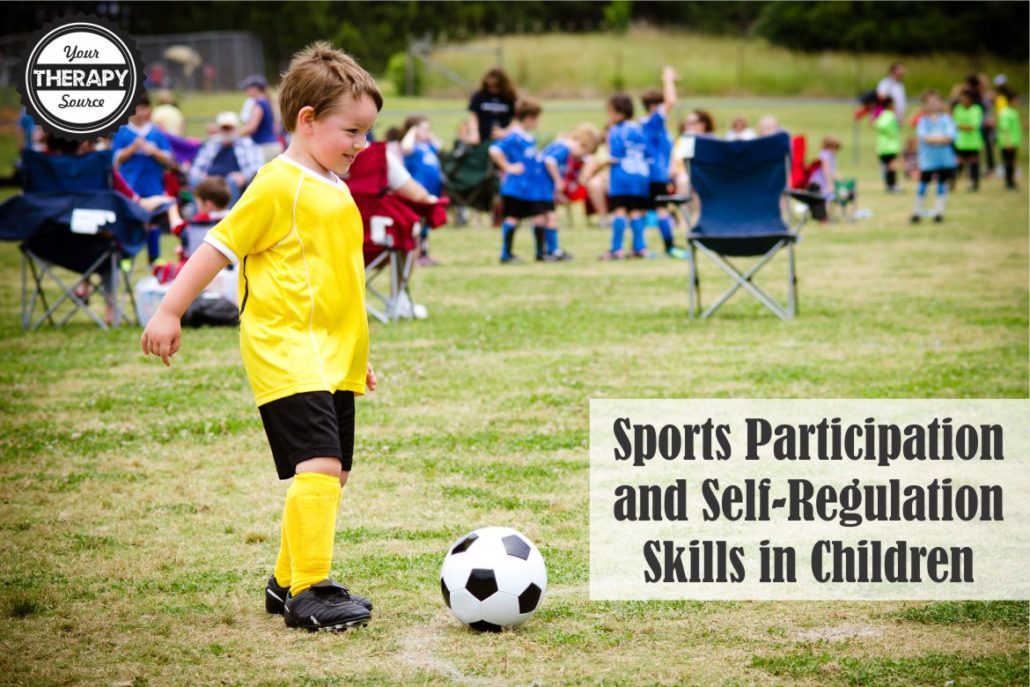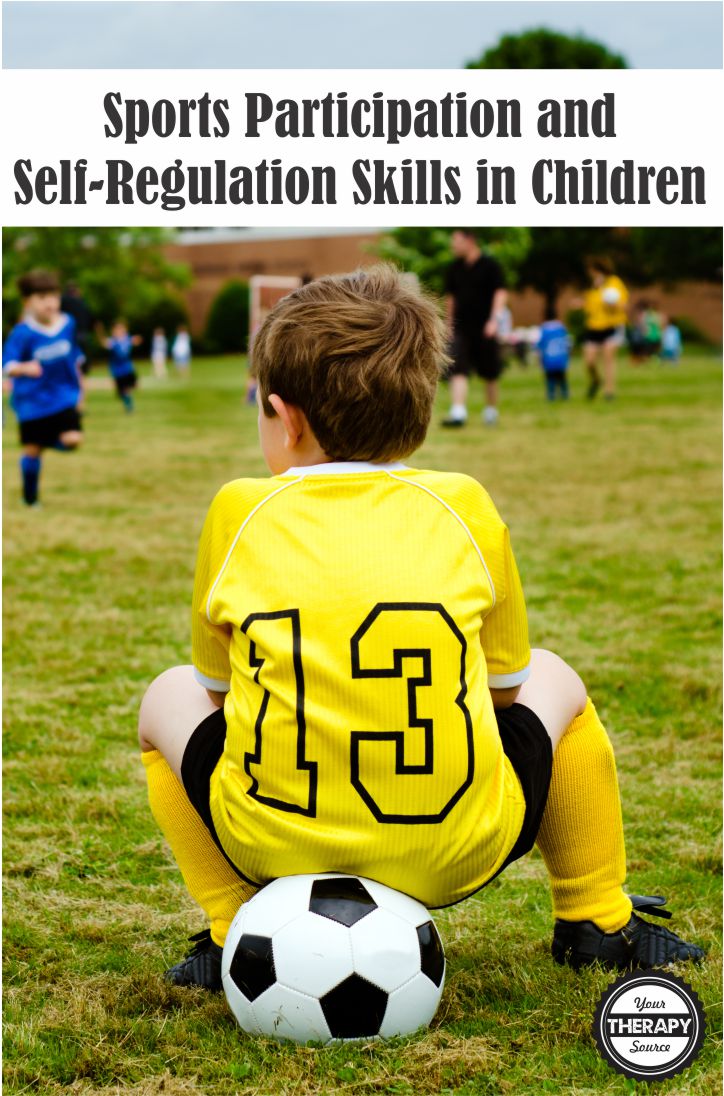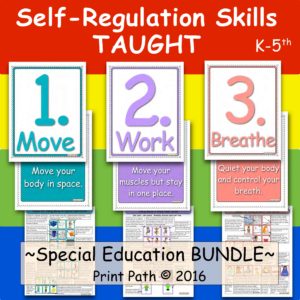Sports Participation and Self-Regulation Skills in Children
 Sports Participation and Self-Regulation Skills in Children
Sports Participation and Self-Regulation Skills in Children
There are plenty of physical and health benefits to sports participation in children but there may be further cognitive benefits as well. Early Childhood Research Quarterly published research on sports participation and self-regulation skills in children. There is little experimental evidence investigating the association between sports participation and self-regulation. This longitudinal study followed 4385 participants starting at 4-5 years of age for two years. Using parent, teacher and observer report data, self-regulation was indexed for the children.
The results indicated the following regarding sports participation and self-regulation skills in children:
- young children who participated in individual sports demonstrated marginally but significantly higher self-regulation than those who did not participate.
- participation in individual sports – but not team sports – weakly but significantly predicted positive change in children’s self-regulation.
- children with poor self-regulation were less likely to participate in sports.
The researchers concluded that sports participation may both influence, and be influenced by, early self-regulation in children.
Reference:
Howard, S. J., Vella, S. A., & Cliff, D. P. (2018). Children’s sports participation and self-regulation: Bi-directional longitudinal associations. Early Childhood Research Quarterly, 42, 140-147.
READ MORE ON SELF REGULATION SKILLS HERE.
What? Why? How? Self Regulation Skills hand out – download for free.
Self Regulation Games for Children – Megan McClelland, Ph.D., Associate Professor Human Development and Family Sciences, and her student, Shauna Tominey, have allowed us to share the activities that they are working on developing to facilitate self regulation skills.
Self Regulation as a Predictor of Academic Abilities – Children with higher levels of self regulation in the beginning of the school year achieved higher scores in reading, vocabulary, and math at the end of the school year. The researchers concluded that improving self regulation in children can improve academic achievement and behavioral responses.
Aerobic Exercise Improved Self Regulation and Behavior – The results indicated that following the aerobic intervention phase, children experienced 32% to 51% lower odds of poor self-regulation and learning-inhibiting disciplinary time out of class.
Self Assessment Checklist for In Class Behavior and Self Regulation – Students can refer to the checklist throughout classroom work to check in on their organizational skills, state of regulation, focus, effort, and behavior in class.
Fun Games to Practice Self Regulation Skills (No Equipment Needed) – Playing games help children to practice and learn self regulation! Think about it. Playing games help us to learn to: wait, follow rules and to tolerate losing. Here are 10 FUN games that require no preparation or equipment to practice and learn self regulation skills
Move~Work~Breathe is a self-regulation curriculum designed by a school based occupational therapist, Thia Triggs. It can be used with elementary age children with Autism, Emotional Behavioral Disturbance, Intellectual Disabilities, ADHD, Oppositional Defiant Disorder, Sensory Disregulation, and more. This curriculum provides an effective, time-efficient structured system to provide classroom breaks, improve self-awareness and self advocacy and teach specific self-regulation skills so that kids have tools to use in their classrooms. FIND OUT MORE INFORMATION.




